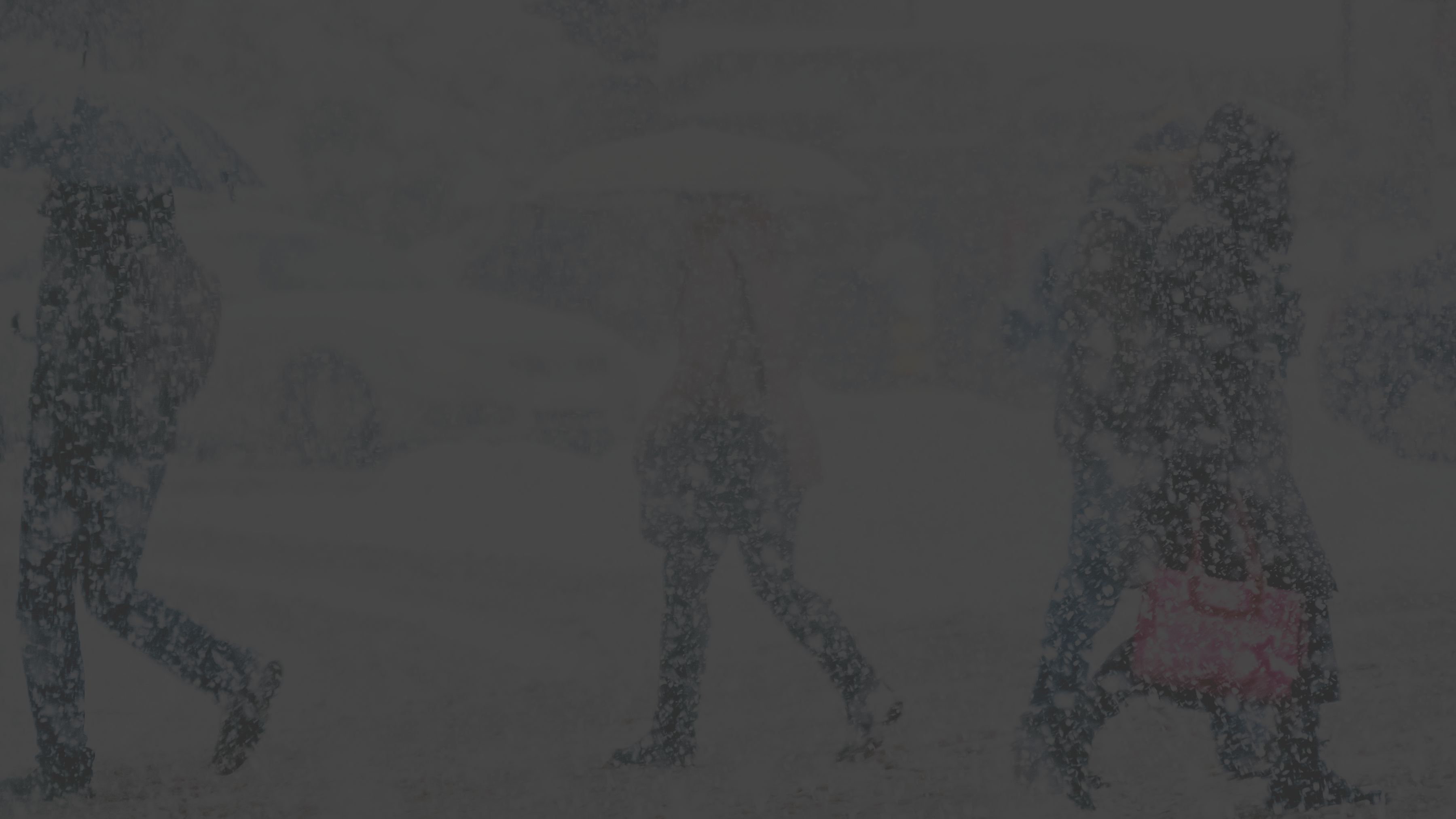7 things to do before a winter storm
Get cash, fill up your gas tank and other ways to prep for a natural disaster.

To many, a winter storm means a short break from work or school, but heavy snowfall and strong winds could also bring disaster.
In fact, winter weather increases the risk for car accidents and carbon monoxide poisoning, as well as health conditions like hypothermia, frostbite and heart attacks. So, besides the basics like a shovel, a winter jacket and a pair of gloves, how else can you prep for extreme winter weather? We asked Sean Murphy, an emergency management specialist and emergency medical services liaison with Alaska Regional Hospital in Anchorage, Alaska for his best tips.
Many of these tactics are quick and easy enough to do in a pinch—but Murphy advises planning for extreme winter weather well in advance. Here's what you need to know.

Ready your stockpile
Getting snowed in without the proper supplies could be downright dangerous. The good news: You can prep for a storm season before it starts. Stock up on essentials like nonperishable food throughout the year. If there’s a disaster, then you’ll already have your stockpile. Bonus: You’ll avoid the crowds at the grocery store, says Murphy. Standard advice recommends you have a three-day supply of food and water for each member of your family.
Other blizzard must-haves include:
- A light source like flashlights with extra batteries or battery-powered twinkle lights
- Medication—especially prescription drugs
- A well-stocked emergency kit with basic first aid supplies
- Battery-operated radio with extra batteries
- Portable phone chargers—or just make sure your cell phones are fully charged pre-storm
- Any special items for pets—like litter, potty pads or treats
- Essentials for small kids like formula and diapers
Another forgotten essential—cash. "If the electricity is out, cash registers and card readers will be nonfunctional. In the event you find a store that's open, they're likely to take cash only," says Murphy.
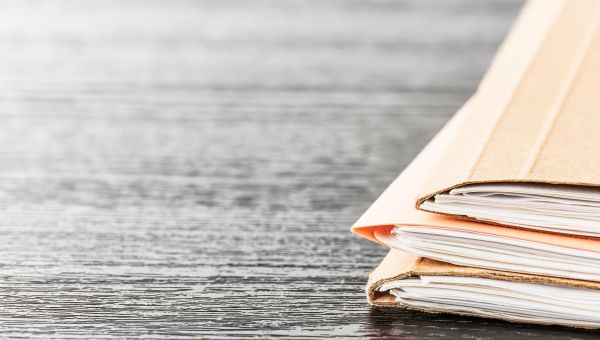
Protect important papers
Extreme weather can cause property damage, so keeping critical documents safe and accessible is a pre-storm must.
Keep these documents in a waterproof and portable container:
- Passports
- Birth and marriage certificates
- Medical records
- Health insurance information
- Credit cards
- Home insurance documents
Make sure these important papers are located in a place where you can quickly and easily grab them. In fact, tell your partner or spouse where they’re located too—in case one of you forget where you placed it. In the event of a forced evacuation, you'll be able to quickly collect the documents.
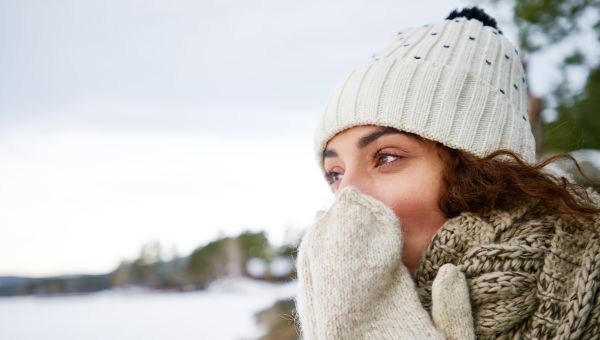
Know the signs of frostbite and hypothermia
Your risk for frostbite and hypothermia increase during a storm. Know the warning signs so you can identify these conditions and get prompt treatment.
Hypothermia, a drop in body temperature to 95 degrees Fahrenheit or lower, can lead to organ failure and even death. If you become tired or start to shiver, take necessary action to warm up.
Go inside and seek immediate medical treatment for dangerous hypothermia signs like:
- Slow or shallow breathing
- Weak pulse
- Clumsiness or fumbling hands
- Memory loss
- Slurred speech
- Red, cold skin in infants
Before help arrives, remove wet clothing and cover the person in warm blankets; don't massage skin or apply hot water or heating pads. Warm the central body first, think chest, neck, head and groin. Warm, nonalcoholic beverages can also help increase internal body temperature.
Frostbite is another winter condition to watch out for. It happens when skin and tissue freezes, and occurs most often in the fingers, toes, nose, cheeks and ears. Frostbite can cause permanent damage and lead to amputation. Mild frostbite or "frostnip," causes redness, numbness and a prickly feeling, and can be treated by soaking the area in warm, not hot, water without causing permanent damage. If you notice these signs, get out of the cold.
Seek medical attention for signs of frostbite, like white or grayish-yellow skin, skin that feels firm or waxy or numbness. If immediate care isn't available, submerge area in warm water or use body heat. Don't massage affected or use a heating pad.
You can prevent these conditions by wearing warm clothes, limiting time outdoors and getting warm at the first signs.
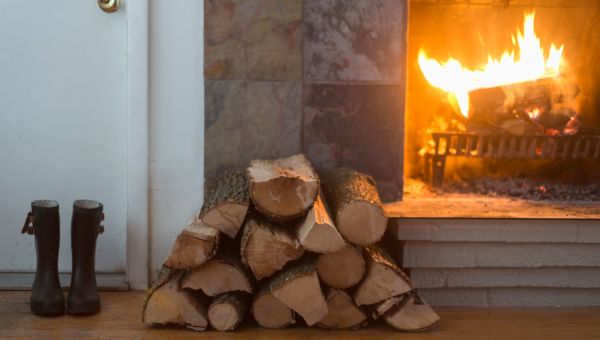
Have an alternate heating plan
Winter weather can knock out power and leave you without heat. Reduce your risk for hypothermia, a rapid and unsafe drop in body temperature, by investing in an alternate heating source, like a space heater or wood fireplace.
Position your heater in a room at the center of your home and close the surrounding doors, Murphy says. Use only according manufacturer's direction and with the proper fuel to prevent fire and carbon monoxide poisoning. Still worried about carbon monoxide poisoning? Install and test smoke alarms and carbon monoxide detectors with battery backups. Call 911 if you have a headache, nausea and shortness of breath, all signs of carbon monoxide poisoning.
One more critical heat safety tip: Never heat your home with the oven or stovetop or use generators, charcoal grills or gasoline-powered heaters indoors.
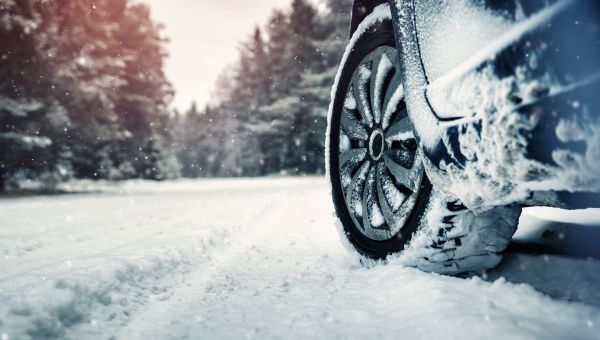
Get your car ready to roll
You should stay off the roads during a winter storm, but prepare your car just in case you must drive.
Have your car inspected to ensure the following are in working order:
- Antifreeze and oil levels
- Batteries
- Brakes
- Windshield wipers
- Headlights and flashers
- Heaters and defrosters
"Gasoline is one of the first commodities to run out in any disaster," Murphy says. Don’t wait until your tank is empty to fill up.
Additionally, you should keep your car stocked with:
- Jumper cables
- An ice scraper
- Kitty litter or sand for better tire traction
- Flares, which Murphy says are inexpensive and long lasting
- Warm clothes, including winter boots
- Phone charger
If you live in a particularly snowy area where roads freeze often, consider investing in snow tires and ice studs, Murphy recommends.
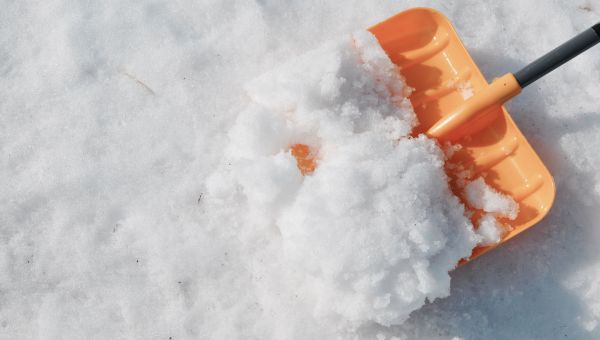
Keep snow removal supplies handy
Trudging through snow to get to your shovel and snow blower can be a challenge, so store them in an easy-to-reach place, like a covered porch, mud room or basement.
Be careful when you're shoveling, too. Shoveling sends about 11,000 people to the emergency room annually.
To reduce your risk for illness and injury:
- Wear layers of warm clothing, including hat, scarf and gloves
- Avoid alcohol before and immediately after shoveling
- Take frequent breaks to avoid overexertion
- Know the warning signs of a heart attack, like chest pain or pressure, shortness of breath or discomfort in left arm
Get immediate medical attention if you think you've been hurt or are having a heart attack.
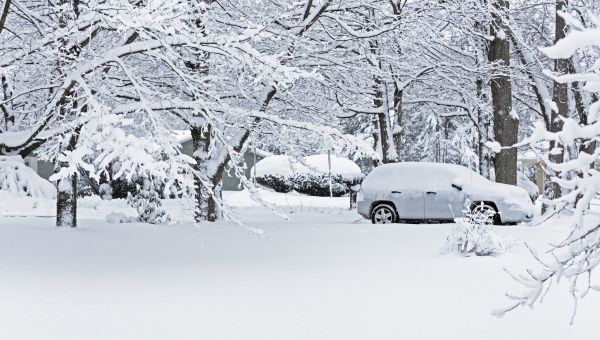
Safeguard against strong winds
Many winter storms bring strong winds, which can take down power lines, tree limbs and outdoor furniture. If power lines do come down, stay away and call the power company or 911.
Before the storm, or at summer's end:
- Tie down outdoor furnishings or store them in the basement
- Cut down dead trees and hanging branches
Wind chill can also drop your body temperature quickly, so dress in warm layers and heavy boots. You should also wear a scarf, hat and gloves—and don't stay outside too long.
More On


video

article
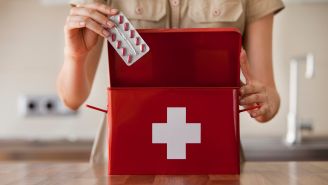
slideshow


video


video
